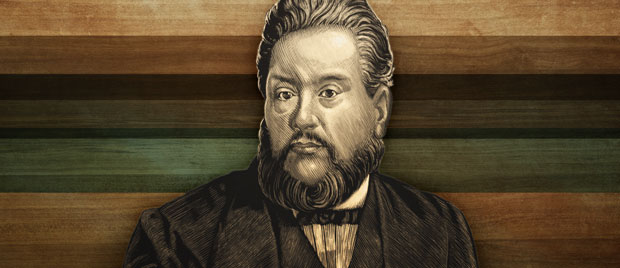Here are ten reminders for those who preach and teach the Word of God … as confirmed by some of history’s greatest preachers.
1. Effective ministry consists not of fads or gimicks, but of faithfully preaching the truth.
Charles Spurgeon: Ah, my
dear friends, we want nothing in these times for revival in the world
but the simple preaching of the gospel. This is the great battering ram
that shall dash down the bulwarks of iniquity. This is the great light
that shall scatter the darkness. We need not that men should be adopting
new schemes and new plans. We are glad of the agencies and assistances
which are continually arising; but after all, the true Jerusalem blade,
the sword that can cut to the piercing asunder of the joints and marrow,
is preaching the Word of God. We must never neglect it, never despise
it. The age in which the pulpit it despised, will be an age in which
gospel truth will cease to be honored. . . . God forbid that we should
begin to depreciate preaching. Let us still honor it; let us look to it
as God’s ordained instrumentality, and we shall yet see in the world a
repetition of great wonders wrought by the preaching in the name of
Jesus Christ.
Source: Charles Spurgeon, “Preaching! Man’s Privilege and God’s Power,” Sermon (Nov. 25, 1860).
2. Preaching is a far more serious task than most preachers realize.
Richard Baxter: And for
myself, as I am ashamed of my dull and careless heart, and of my slow
and unprofitable course of life, so, the Lord knows, I am ashamed of
every sermon I preach; when I think what I have been speaking of, and
who sent me, and that men’s salvation or damnation is so much concerned
in it, I am ready to tremble lest God should judge me as a slighter of
His truths and the souls of men, and lest in the best sermon I should be
guilty of their blood. Me thinks we should not speak a word to men in
matters of such consequence without tears, or the greatest earnestness
that possibly we can; were not we too much guilty of the sin which we
reprove, it would be so.
Source: Richard Baxter, “The Need for Personal Revival.” Cited from
Historical Collections Relating to Remarkable Periods of the Success of the Gospel, ed. John Gillies (Kelso: John Rutherfurd, 1845), 147. Continue at
Nathan Busenitz
 John Wesley (1703–1791) is best known in church history as the
founder of Methodism. His commitment to the biblical gospel, passion for
evangelistic preaching, and skill at organizing the budding Methodist
movement are all notable traits. And God used those qualities to help
spark the Evangelical Revival in England in the mid-18th century (a
revival that paralleled the Great Awakening in North America). In that
respect, there are many helpful things that we can learn from Wesley’s
example.
John Wesley (1703–1791) is best known in church history as the
founder of Methodism. His commitment to the biblical gospel, passion for
evangelistic preaching, and skill at organizing the budding Methodist
movement are all notable traits. And God used those qualities to help
spark the Evangelical Revival in England in the mid-18th century (a
revival that paralleled the Great Awakening in North America). In that
respect, there are many helpful things that we can learn from Wesley’s
example.

















